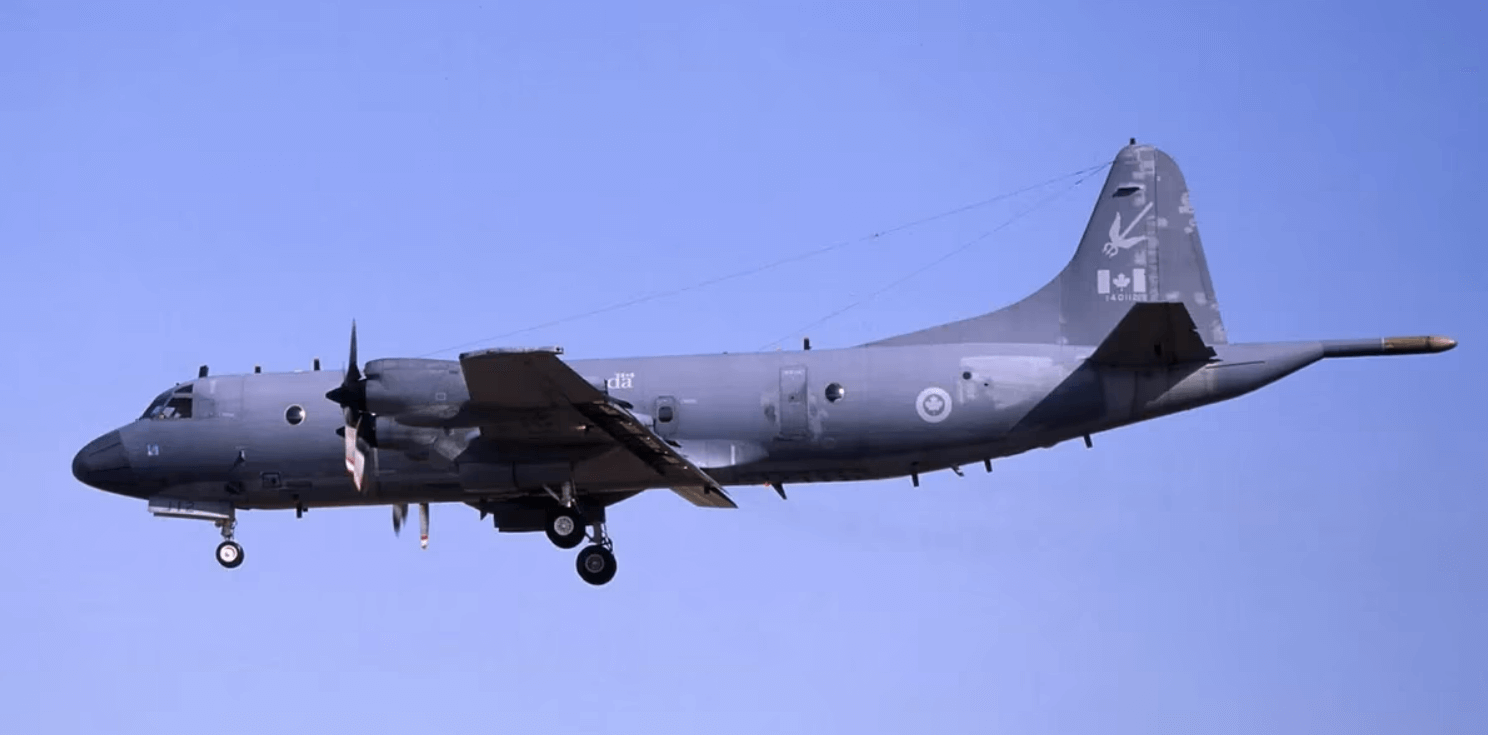On Sunday, Canada announced the deployment of a Royal Canadian Air Force (RCAF) CP-140 Aurora long-range patrol aircraft to “disrupt” gang activities in Haiti, at the request of the Haitian National Police.
The aircraft, which will be in Haiti for “a number of days,” is set to provide “intelligence, surveillance, and reconnaissance capability to bolster efforts to establish and maintain peace and security” in the region.
Canada deploys CP-140 long-range patrol aircraft to support Haitihttps://t.co/RuA1ikdeH4 pic.twitter.com/qReQ6rrI3H
— National Defence (@NationalDefence) February 5, 2023
Ottawa’s Comments
Canadian Minister of Defence Anita Anand remarked that the CP-140 Aurora aircraft “will strengthen efforts to fight criminal acts of violence and to establish the conditions necessary for a peaceful and prosperous future.”
Minister of Foreign Affairs Mélanie Joly noted that the “violence in Haiti has escalated as the gangs continue to terrorise vulnerable populations with impunity,” calling on the international community to respond to the current crisis.
The announcement came after PM Justin Trudeau revealed last month that Ottawa was “preparing various scenarios,” along with its allies, including the US, in case the situation gets worse in Haiti.
The Canadian government said on Sunday it deployed a military aircraft over Haiti to address what it called a "dire security situation" and to support efforts to disrupt the activities of Haitian gangs. https://t.co/RP8OUi8727
— Anna Mehler Paperny (@amp6) February 5, 2023
Canada’s Support for Haiti
Canada has provided $98 million in humanitarian assistance to Port-au-Prince, sanctioned various Haitian elites involved in backing gang violence, and provided support to its police force.
In fact, Ottawa airlifted a commercial delivery of armoured vehicles to Haiti in October 2022 and this January as well.
However, the US and Canada remained non-committal on leading a multi-national joint task force to deal with the security crisis in Haiti, which was proposed by the UN. Nevertheless, Haiti will reportedly be discussed when US President Joe Biden visits Canada next month.
Background
This move comes against the backdrop of Haiti no longer being a functioning democracy after its last 10 senators officially finished their term last month, leaving the island without any democratically-elected officials, as attempts to hold elections failed.
No democratic institution in Haiti is currently functioning, with the country facing an acute malnutrition crisis, a growing cholera epidemic, and gangs controlling about two-thirds of the capital, Port-au-Prince.
When US President Joe Biden visits Canada next month, Haiti is expected to be on the agenda.
— Gurbaksh Singh Chahal (@gchahal) February 6, 2023
Following the assassination of Haitian President Jovenel Moise in 2021, a dire security situation materialised, with access to fuel blocked by gangs, rising humanitarian problems due to a cholera outbreak that has infected at least 2,243 people and killed 55, and the need for “fair elections” to deal with the ineffective interim government of PM Ariel Henry.
Henry’s position as PM has been repeatedly met with violent protests due to economic and security concerns as well as his alleged involvement in Moïse’s death.

